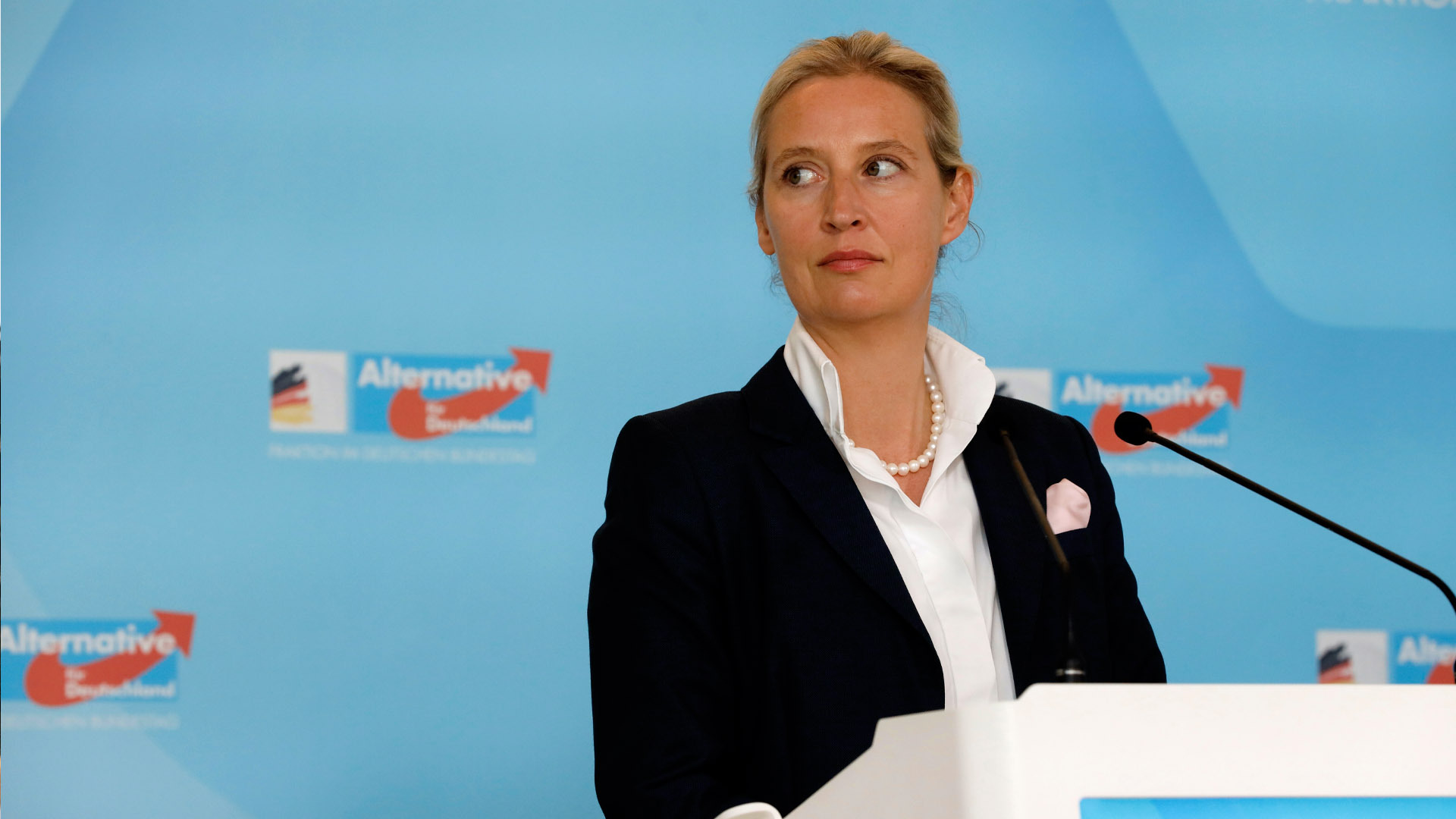South America
Germany: Will the far right beat the ‘firewall’?

The Rise of the Far-Right in Germany and the Threat to Democracy
The German political landscape is facing a significant challenge as the far-right Alternative for Germany (AfD) party threatens to break through the political "firewall" that has historically kept it out of power. This shift is particularly concerning as it coincides with a surge in election-related disinformation originating from both the United States and Russia, which is disrupting the German media’s ability to provide accurate and unbiased election coverage. Political analysts and experts, including Olaf Böhnke, Berlin director of the Alliance of Democracies Foundation, and Ulrich Brückner, a renowned political analyst, have sounded the alarm about the potential consequences of this dual threat to German democracy. The situation is further complicated by the fact that the AfD has been able to capitalize on these disruptions, using them to gain traction among voters who are increasingly disillusioned with the political establishment.
Election Disinformation and the Erosion of Trust in Media
The spread of disinformation during elections is not a new phenomenon, but its reach and sophistication have grown significantly in recent years, particularly with the advent of social media. In the context of Germany’s political environment, disinformation campaigns originating from both the U.S. and Russia have been amplifying false narratives and conspiracy theories, which have the potential to sway public opinion and undermine trust in the electoral process. Michaela Küfner, chief political editor at Deutsche Welle (DW), highlights the challenges faced by German media in countering these disinformation campaigns, noting that the sheer volume of false information makes it difficult for fact-checkers to keep up. This erosion of trust in media institutions has created a fertile ground for far-right parties like the AfD, which often position themselves as the only truthful alternative to the so-called "mainstream media."
The Broader Geopolitical Context: Trump, Zelenskyy, and the War in Ukraine
The geopolitical tensions between the United States and Russia have also had a ripple effect on Germany’s political scene. Recently, U.S. President Donald Trump sparked controversy by blaming Ukraine for starting the war with Russia, a statement that was met with a fiery response from Ukrainian President Volodymyr Zelenskyy. This exchange of barbs has further polarized the international community, with Russian state media gleefully amplifying Trump’s comments as a way to undermine Western unity and legitimacy. Meenakshi Ravi, reporting on the diplomatic fallout, notes that this kind of rhetoric not only exacerbates tensions between nations but also provides fodder for disinformation campaigns that can have far-reaching consequences, including in countries like Germany.
Populism and Press Freedom in El Salvador
In addition to the challenges posed by far-right movements and disinformation campaigns in Germany, the situation in El Salvador provides another troubling example of how populism can erode democratic norms and press freedom. President Nayib Bukele, who has been in office since 2019, has implemented a brand of populism that has proven wildly popular among certain segments of the population. However, this popularity has come at a cost, as Bukele’s government has been accused of silencing dissent, arresting critics, and even privatizing prisons to detain political opponents. Journalists in El Salvador have been particularly hard-hit, with many facing harassment, intimidation, and even imprisonment for their work. Sergio Arauz, president of the Journalist Association of El Salvador, and investigative journalist Jessica Ávalos are among those who have spoken out about the dangers faced by journalists under Bukele’s rule.
The Listening Post’s Investigation into El Salvador
The Listening Post’s Elettra Scrivo has conducted an in-depth investigation into the situation in El Salvador, highlighting the personal and professional risks faced by journalists who dare to challenge the government. The report features interviews with several journalists, including Víctor Barahona, a community journalist who has been targeted by government sympathizers, and Andrés Guzman, a presidential commissioner for human rights and freedom of expression. While Guzman acknowledges the challenges faced by journalists, he also argues that the government is committed to protecting press freedom, a claim that is disputed by many of his critics. The Listening Post’s investigation paints a grim picture of a country where the space for independent journalism is rapidly shrinking, and where the government is increasingly using authoritarian tactics to silence its critics.
Implications for Global Democracy and the Role of Journalism
The situations in Germany and El Salvador highlight a broader trend of democratic backsliding and the erosion of press freedom around the world. These challenges are not isolated to specific countries but are part of a global phenomenon where far-right movements, disinformation campaigns, and authoritarian leaders are all contributing to the decline of democratic norms and the rise of illiberalism. In this context, the role of journalism becomes more crucial than ever, as journalists and media organizations are often the last line of defense against disinformation and government overreach. However, as seen in both Germany and El Salvador, journalists are facing unprecedented challenges, ranging from harassment and intimidation to legal threats and imprisonment.
Conclusion: Safeguarding Democracy in a Challenging World
In conclusion, the rise of the far-right in Germany, coupled with the spread of election disinformation and the erosion of press freedom in El Salvador, underscores the urgent need for robust measures to safeguard democracy and protect the integrity of the media. This includes not only strengthening fact-checking initiatives and media literacy programs but also ensuring that journalists have the protections and resources they need to do their work without fear of reprisal. Ultimately, the success of these efforts will depend on the collective will of governments, civil society, and individuals to defend democratic values and push back against forces that seek to undermine them. The stakes could not be higher, as the future of democracy in Germany, El Salvador, and beyond hangs in the balance.











